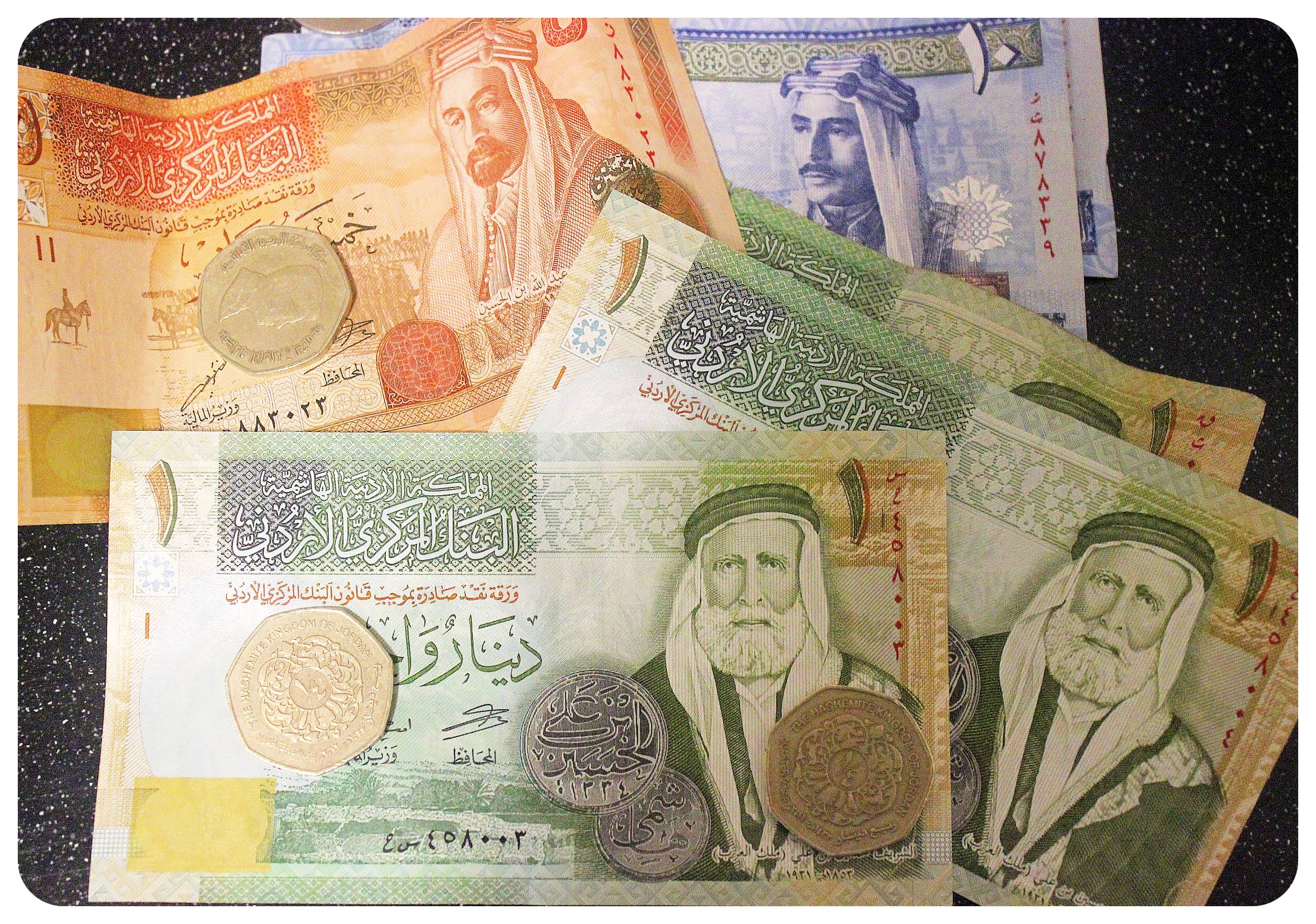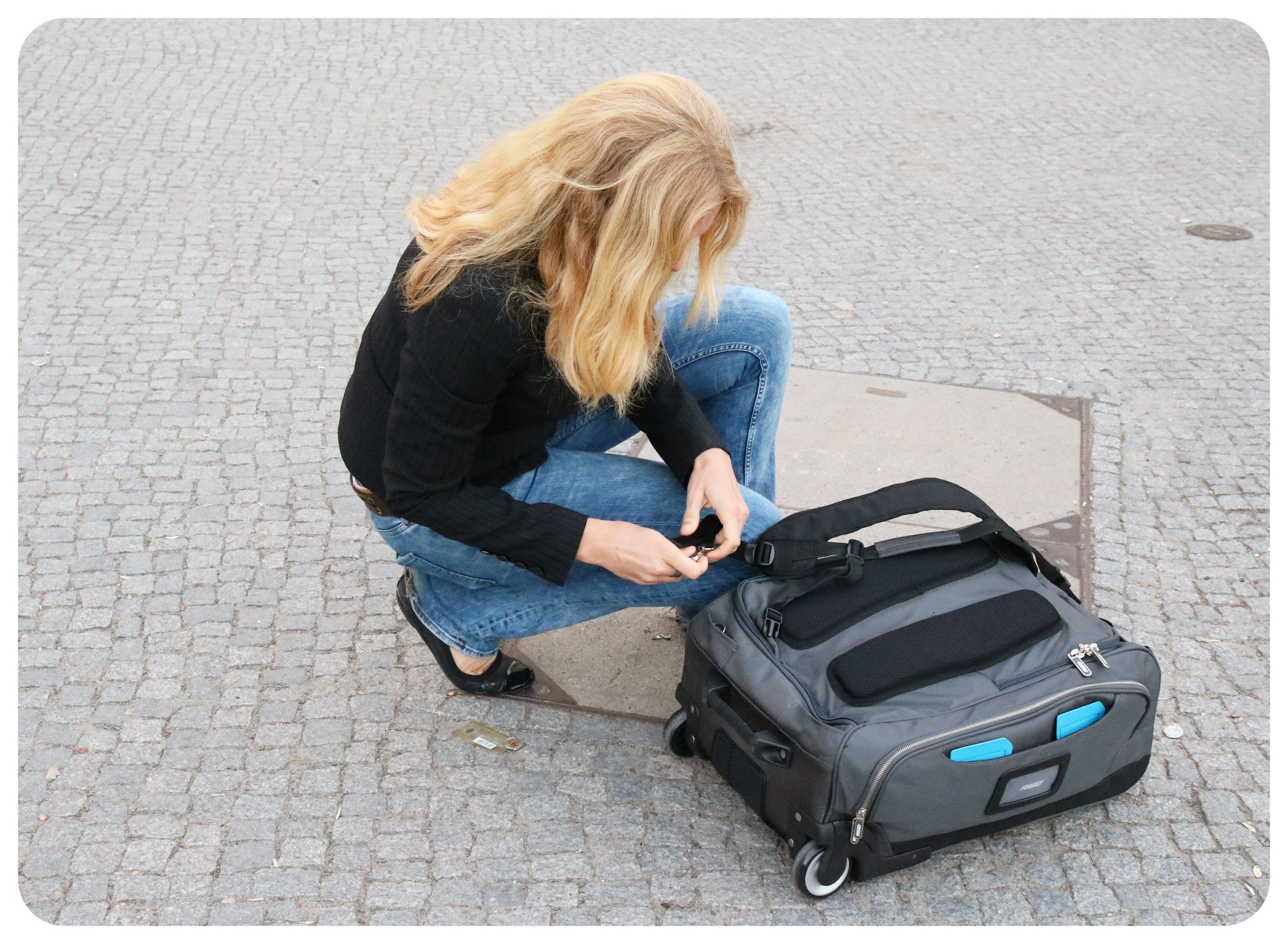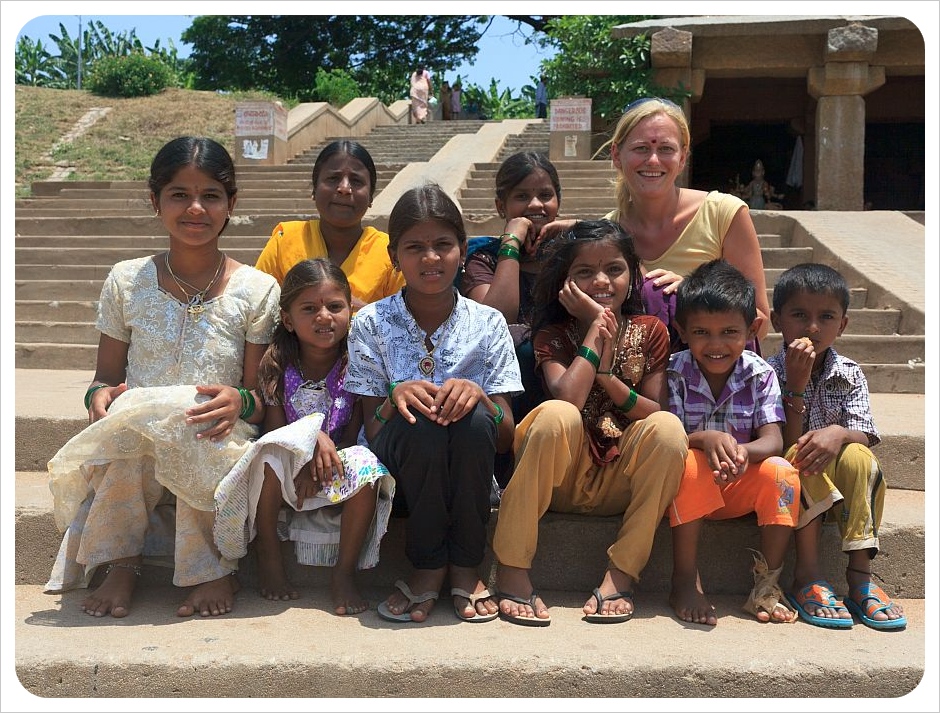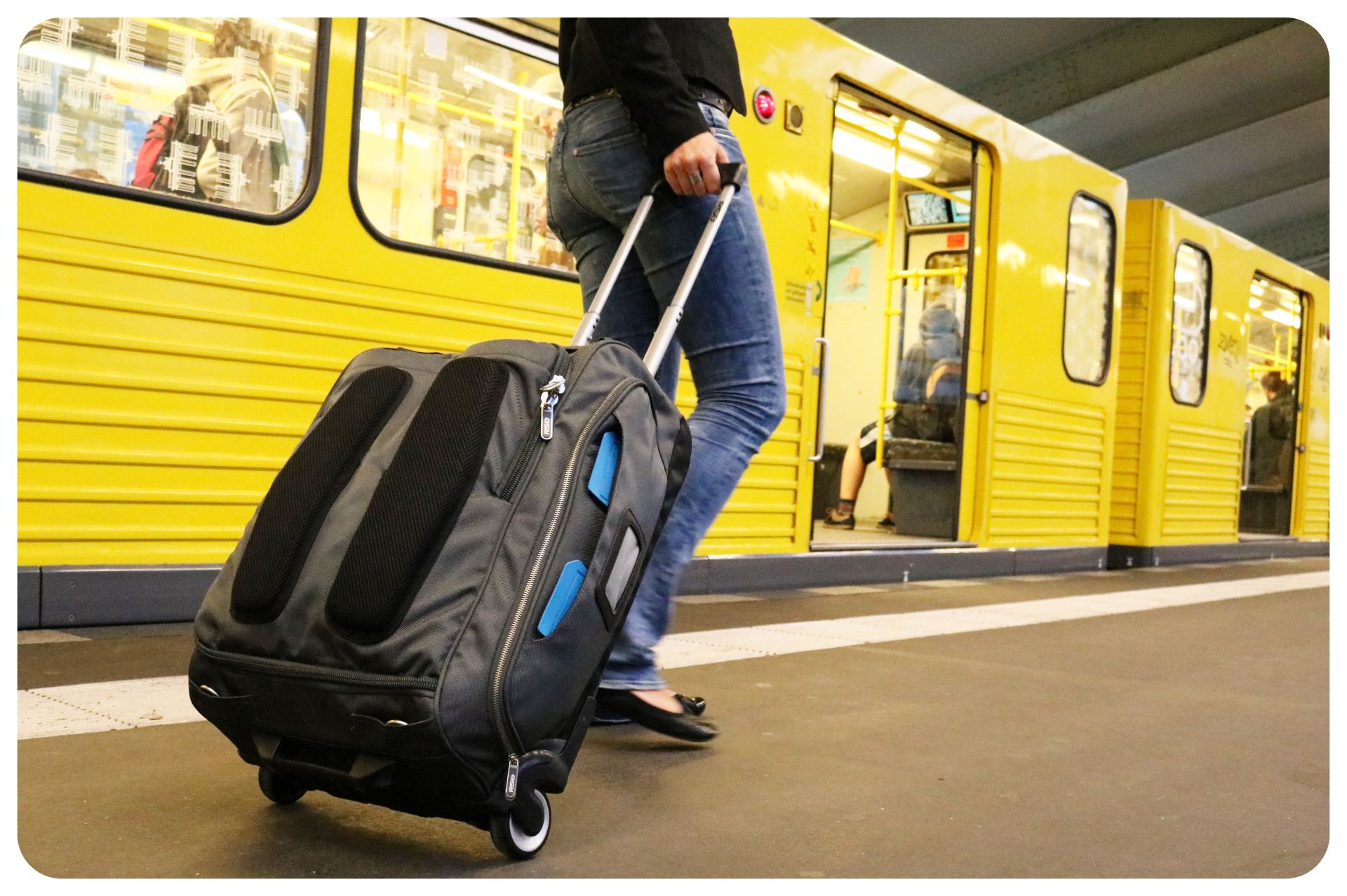Last Updated on February 7, 2024
There’s nothing quite as exhilarating as traveling to another country and experiencing a new culture. The language is different, the cuisine is exotic, and the people are warm. But planning for a long trip abroad can be tricky. There are many things to think about before you go. Many things can go wrong when traveling abroad when you aren’t prepared enough for the trip.
You might find yourself without the right documents to enter a country or get medical help. You could end up spending more money on flights than you planned or not having the right clothes for the weather. On the other hand, when you are prepared, you can truly relax and take in everything your destination has to offer. In this article, we will go over several things you should do ahead of an international trip.
1 Do the research
The first step in preparing for your international trip is to do some good research and planning. This starts with getting to know the place you’re going to visit. Learn about its culture, what the weather is like when you’re there, and what places you should see. Knowing these things can help you decide what to pack and what activities you can do.
Next, you’ll need to make sure all your travel documents are in order. Check that your passport is still valid. Many countries require it to be valid for at least six months after your trip. Find out if you need a visa to enter the country you’re visiting and how to get one. It’s also smart to have a list of emergency contacts, like the local embassy or consulate, just in case.
Health is another important part of your preparation. Look into what vaccinations you might need and any health warnings for the area you’re visiting. If you will be visiting multiple countries, or will be away for more than 90 days, consider getting annual travel insurance. It covers you in multiple countries over multiple trips throughout the year. It can help cover unexpected medical costs and other issues that might come up during your trip.
2 Calculate the costs
Managing your money well is key to a successful international trip. Months before you plan to leave, you should create a budget. Think about how much you’ll need for flights, places to stay, food, and fun activities. This will give you a good idea of how much money you should save before your trip. If you save enough, you won’t have to worry about running out of money while you’re away.
Next, think about how you’ll handle your money when you’re in another country. Find out about the best ways to exchange your money into the local currency. Sometimes, it’s better to do this before you leave home, but other times, you might get a better rate in the country you’re visiting.
Also, check with your bank about using your credit or debit card abroad. Some banks charge extra fees for international transactions, so it’s good to know about these in advance.
3 Pack smart
Packing for a long international trip is about finding the right balance. You want to have everything you need, but you also don’t want to carry too much. Start with the essentials. Choose clothes that are right for the weather and culture of your destination. Keep in mind you’re going to walk a lot. For instance, packing for a trip to Venice, Italy should include some comfortable and durable shoes.
When it comes to toiletries and personal items, travel-size is best. They take up less space and meet airline regulations. Remember to pack important documents like your passport, travel insurance details, and any visas. It’s also a good idea to have copies of these, just in case you lose the originals.
 Packing efficiently is an art. Roll your clothes to save space and avoid wrinkles. Use packing cubes or bags to keep things organized. Check the luggage rules for your airline to make sure you’re within the weight and size limits. And don’t forget to leave some space for souvenirs and things you might buy on your trip.
Packing efficiently is an art. Roll your clothes to save space and avoid wrinkles. Use packing cubes or bags to keep things organized. Check the luggage rules for your airline to make sure you’re within the weight and size limits. And don’t forget to leave some space for souvenirs and things you might buy on your trip.
4 Understand the culture
Understanding the culture of the country you’re visiting is a big part of preparing for your trip. This starts with learning a few basic phrases in the local language. Simple words like “hello,” “thank you,” and “please” can go a long way. They show respect for the people and their language. Look for apps that use gamification to help you learn as it’s very effective.
Knowing about cultural etiquette is also important. Every country has its customs and ways of doing things. For example, in some places, it’s polite to take off your shoes before entering a home. In others, there are specific rules about how to greet people. Learning about these customs can help you feel more comfortable and make a good impression.



